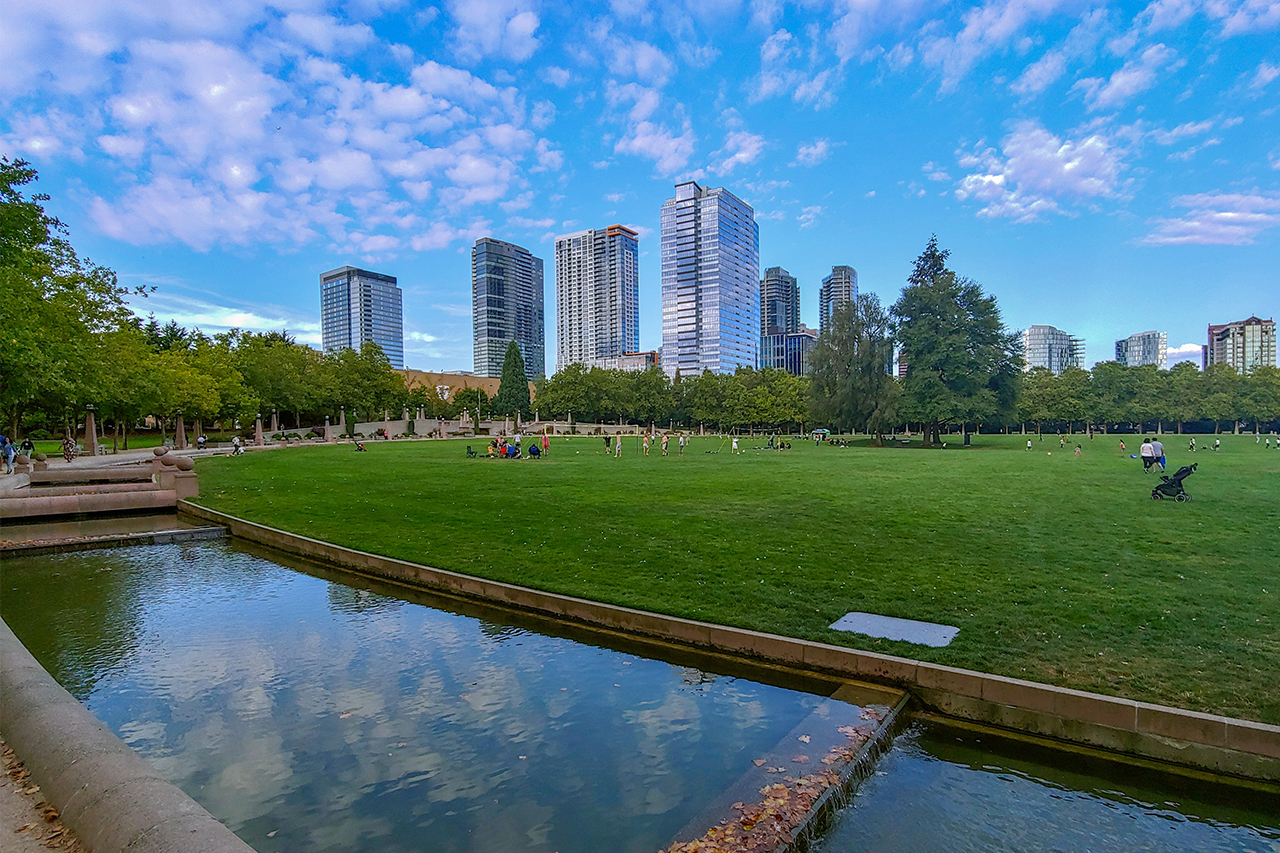Once again, Seattle is attempting to leverage a tax on big businesses in the city, potentially ruffling the feathers of some of the city’s corporate behemoths. On Monday, July 6, the city council passed its latest big business tax proposal titled “JumpStart Seattle.” This might just be the last straw for Amazon, according to Windermere’s Chief Economist, Matthew Gardner.
If enacted, the proposal will raise over $200 million a year for the city. It will generate revenue through a tiered system of taxation on companies with payroll expenses over $7 million, although the tax only applies to the salaries of higher income employees. Employers in the lowest bracket will be taxed 0.7% of annual salaries between $150,000–$399,999, and 1.7% of annual salaries exceeding $400,000. The city has devised a separate tier for companies with annual payroll expenses over $1 billion, likely designed specifically with Amazon in mind. Employers in this tier will be taxed 1.4% of annual salaries between $150,000–$399,999, and 2.4% of annual salaries exceeding $400,000.
The tax is similar to the proposed head tax that was passed and quickly repealed by Seattle in 2018 due to the same fears of driving business out of the city. Initially, the proceeds from the new tax will be used to address needs related to coronavirus, but eventually the funds will be directed toward addressing homelessness and housing issues in Seattle.
The problem with the new tax, according to Gardner, is that it wasn’t applied regionally.
“As much as these [taxes] might make sense, they need to be applied on a regional, not citywide basis,” Gardner told KIRO Radio host Dave Ross.
By not coordinating the tax with nearby cities like Redmond and Bellevue, Seattle has only further incentivized Amazon to grow investments in new hubs outside of the city. Notably, after the near-miss with the head tax of 2018, Amazon moved many of its employees and operations to nearby Bellevue in 2019.
Gardner doesn’t approve of Seattle’s attempt to autonomously grapple with this issue. “All it does is it functions to push people out,” he said.
According to CNBC, in June 2020 Amazon announced it would lease 111,000 square feet of workspace for employees in Redmond. Bellevue, meanwhile, is to be the site of a newly built 43-story tower for Amazon operations.
While Amazon hasn’t made any official announcements regarding its plans for future operations in the region since the new tax was passed, Gardner expects we’ll be hearing from them soon. “I think there’s no doubt that we’re going to hear several announcements over the next couple of weeks of some massive expansion by Amazon into Bellevue.”
Though the tax will likely go into effect in 2021, it will not begin collecting money until 2022. Until then, it’s anyone’s guess whether Seattle can entice Amazon to stay put, or if the allure of lower taxes on the Eastside will see Amazon relocating for good.



